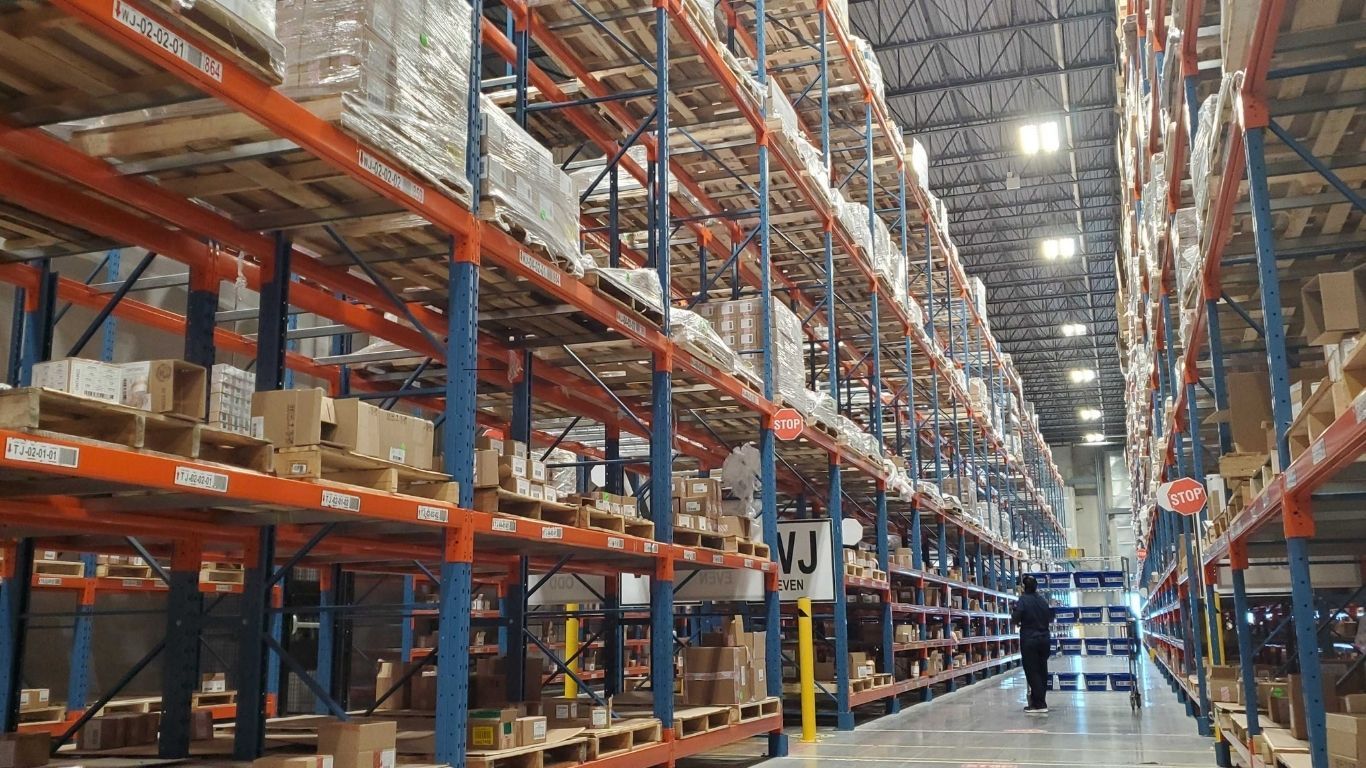
Australian Greens Senator David Shoebridge has been leading the charge for legalization Down Under, and hopes to table new legislation in August in federal parliament.
The goal of the Australia Greens is to establish a federal framework for the legalization and regulation of cannabis rather than taking a state-by-state “patchwork” approach. (The Australian Capital Territory (ACT) became the first jurisdiction in Australia to legalize cannabis for adult use in 2019, and legislation has been introduced in South Australia).
The bill’s proposed age of access is 18 years old, and adults would be allowed to grow up to six plants at home, with no upper possession limit. Retail sales are envisioned in “cannabis cafes” that can also facilitate outdoor consumption spaces.
What we have created with this bill is a core set of principles for an ethical cannabis market that is controlled by individuals and small businesses rather than big pharma, big tobacco, or big alcohol.
Senator David Shoebridge, Australian Greens
The Greens’ research shows that the market in Australia is worth around AUD$15 billion and says the government could bring in nearly $30 million in the first decade of legalization, but also focuses on issues of justice reform, especially for the country’s First Nations population, and desire for a more locally-run market.
“This bill could legalize cannabis in one go across the country with a simple and coherent national scheme for growing, distribution, sales and taxation,” he told Crikey in April. “What we have created with this bill is a core set of principles for an ethical cannabis market that is controlled by individuals and small businesses rather than big pharma, big tobacco, or big alcohol.”
Shoebridge has also said the bill was inspired by trying to find a middle ground between a tightly controlled market like Canada and a very wild west approach of the US.
“We have learnt from the experience in other jurisdictions and tried to draw a middle path between the let-it-rip corporate markets in the US and more tightly controlled government supply.”
“We don’t want the market to be dominated by a handful of large corporations, but we certainly don’t want to be the fun police either.”
Senator Shoebridge’s office provided a few answers to StratCann on their plans for legalization now that they have concluded an extensive public feedback process. You can read those replies below.
When is this legislation expected to be tabled?
(Sen D. Shoebridge): We are on track to put the bill to the Senate at the start of August.
Can you share some of the ways Canada’s experience informs this legislation with legalizing cannabis?
The Bill takes lessons from the Canadian model, with Cannabis able to be purchased by adults from licensed dealers and cannabis cafes [retail and consumption spaces]. We also have tried to learn lessons from Canada’s experience of legalization, and our draft legislation looks to have a market that is more democratic, more decentralized and less corporate.
What should Canadians know about the political appetite in Australia for cannabis legalization?
The good news is—we received almost 9,000 responses to our public survey (more on this below), and 98% of those responses support legalizing cannabis! Our office is receiving tremendous support from people who just want to see cannabis finally legalized and who are struggling to understand why the Labor government keeps opposing it.
Is this the same legislation you originally gave notice to have introduced in November 2022? If so, can you explain the timeline from then until the pending introduction of this bill?
Yes, it is. Since giving notice of the bill, we developed a first draft with the Parliamentary drafting team. We also obtained independent research on the public revenue that comes with legalization. This research was strongly informed by the Canadian experience. We also determined the size of the potential cannabis market in the country based on questioning in parliament of law enforcement officials.
We then designed and ran a public survey and stakeholder consultation based on our draft bill. We had a series of questions about the proposed legislation that people were invited to comment on to help us shape our final bill. We closed that consultation process [in April] and have been undertaking a comprehensive review of the responses since then.
We are now amending the Bill in response to the survey responses to ensure the Bill we table in parliament has the broadest possible support. We expect this to be completed in time to table the Bill in early August.
We appreciate that many people are keen for us to just get it done already—but the best possible Bill, with the broadest possible support, gives us the best chance of getting this done!
Conversations about the legalization of cannabis often focus on revenue generation. Can you speak to some of the other societal benefits your legislation will focus on, such as the uneven enforcement of prohibition against young people, First Nations, and other marginalized communities?
First Nations Justice is always at the forefront of our work in the Justice portfolio, and has formed a significant part of our approach to drug law reform, policing reform, and our federal cannabis campaign.
First Nations communities bear the brunt of aggressive policing of cannabis laws. Across the country, more than 80,000 people a year are caught up in the criminal justice system for cannabis offences, overwhelmingly for possession and far too often First Nations people.
When we talk about harm reduction in the drug reform space, the greatest and most immediate harm reduction that comes from legalizing cannabis is ending this war on people because they choose cannabis over alcohol or tobacco.
Legalizing cannabis and drug law reform is part of a broader project of addressing systemic racism in the police force, the courts and the criminal justice system as a whole.












